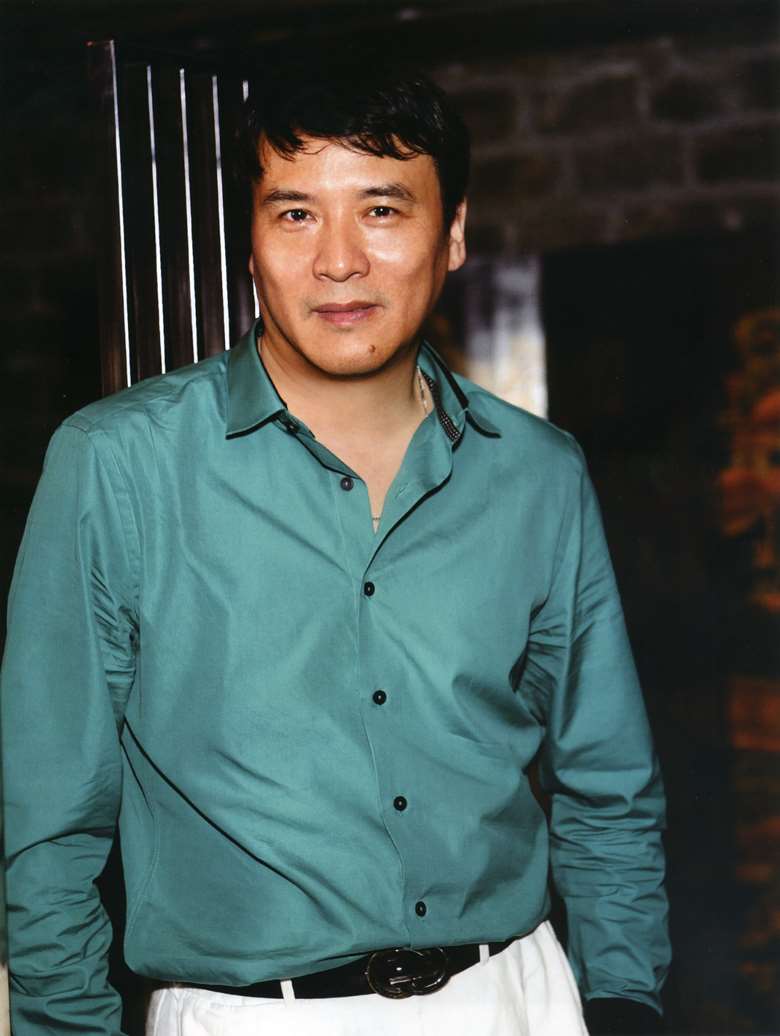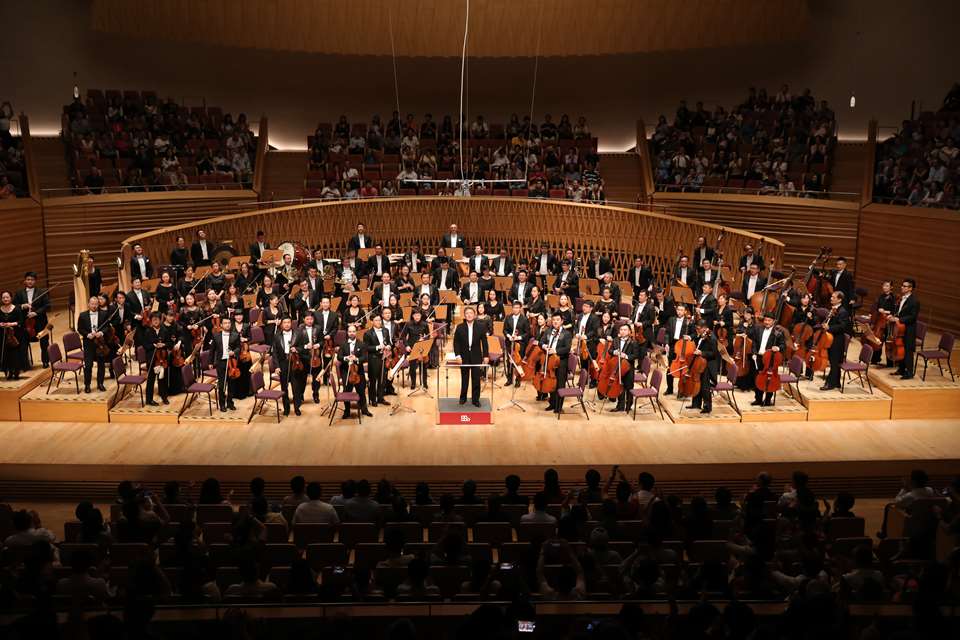'The language of the originals is so beautiful': Xiaogang Ye's Song of the Earth
Simon Mundy
Friday, July 23, 2021
Chinese composer Xiaogang Ye has set the poems used in Mahler's Das Lied von der Erde to new music. Simon Mundy finds out more

Schott Music

Register now to continue reading
Don’t miss out on our dedicated coverage of the classical music world. Register today to enjoy the following benefits:
- Unlimited access to news pages
- Free weekly email newsletter
- Free access to two subscriber-only articles per month
